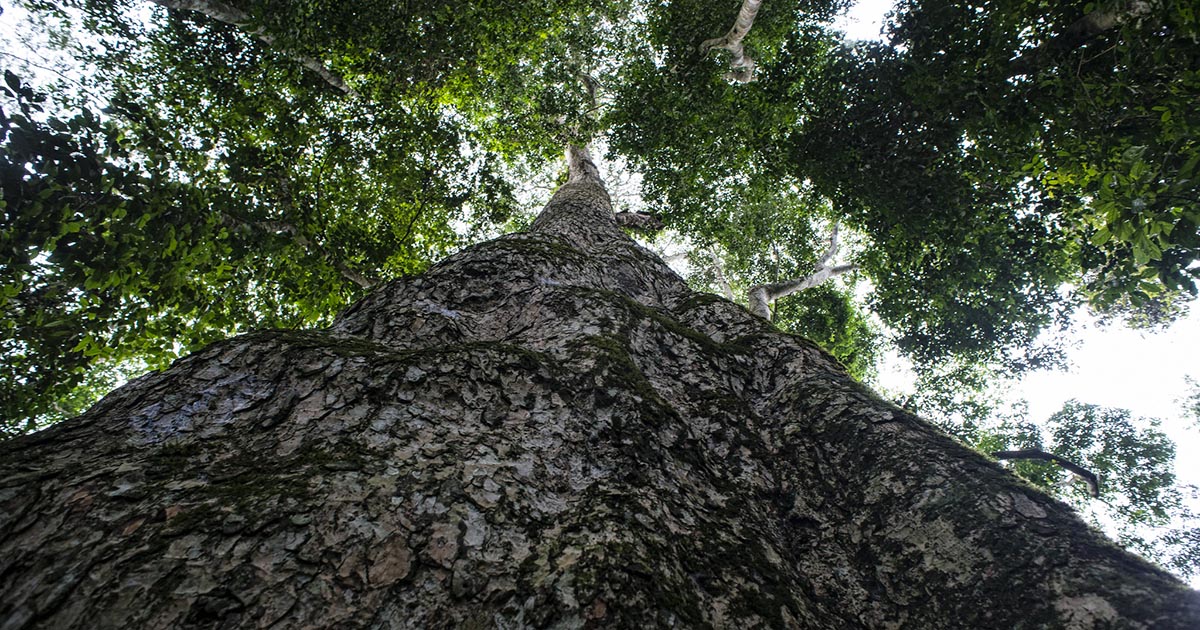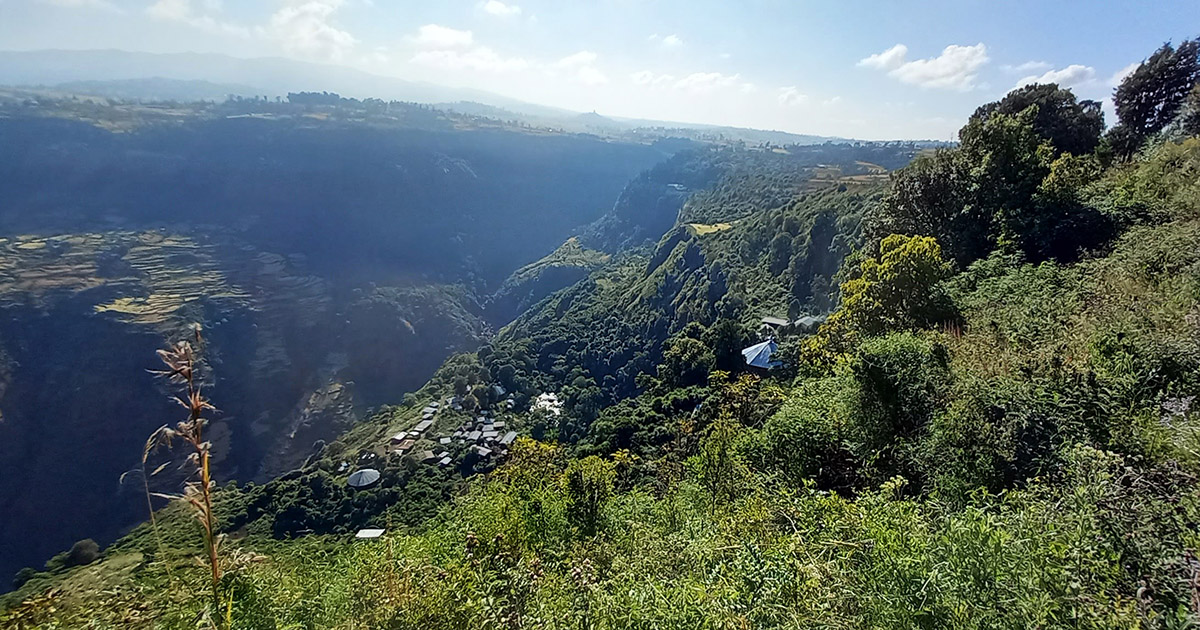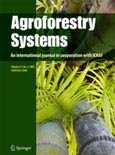Traditional agroforestry systems (TAFS) in Tanzania—Alalili, Ngitili, and Faidherbia parkland—play a critical role in biodiversity conservation, rural livelihoods, and climate change mitigation. This study quantified their carbon sequestration potential using field data from 48 plots. Results showed significant variation in total carbon stocks, with Faidherbia parkland storing the most (151.91 Mg C ha⁻¹) due to large-diameter trees, while Ngitili stored the least (17.96 Mg C ha⁻¹) despite higher stem density. These findings highlight TAFS as valuable nature-based carbon sinks and support their integration into climate strategies such as REDD+ and carbon farming. Strengthening TAFS can yield co-benefits for carbon storage, ecosystem services, and sustainable development.
DOI:
https://doi.org/10.1007/s10457-025-01241-5
Altmetric score:
Dimensions Citation Count:

Publication year
2025
Authors
Andrew, S.M.; Mpelangwa, E.M.; Kimaro, A.A.
Language
English
Keywords
agroforestry, carbon sequestration, traditional knowledge, climate change mitigation, forest ecosystems, biomass, land management, redd-plus, rural livelihoods, ecosystem services
Source
Agroforestry Systems. 99 (6): 145
Geographic
Tanzania















